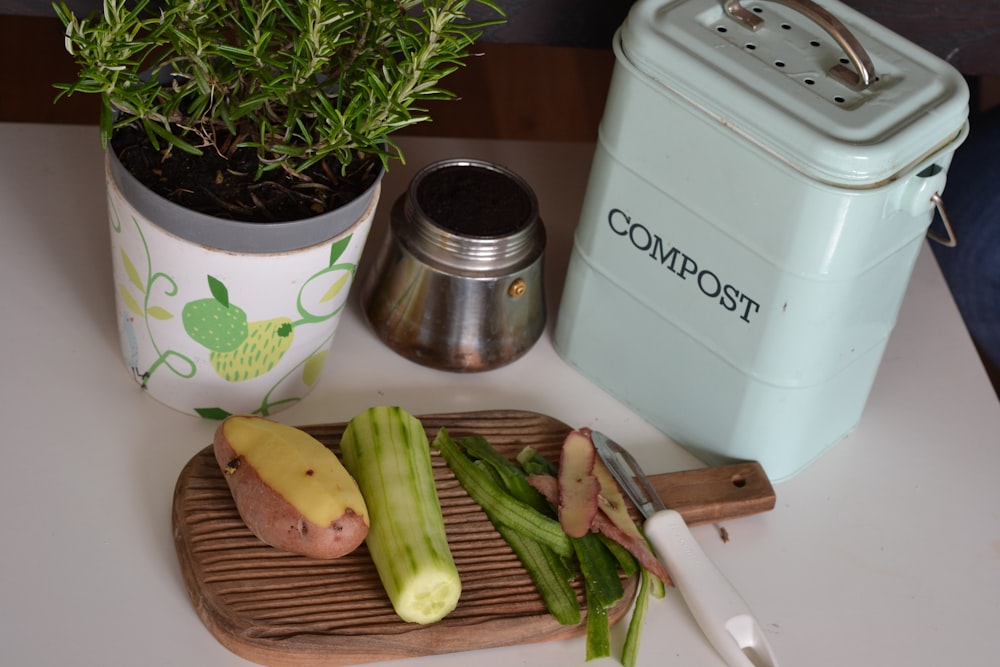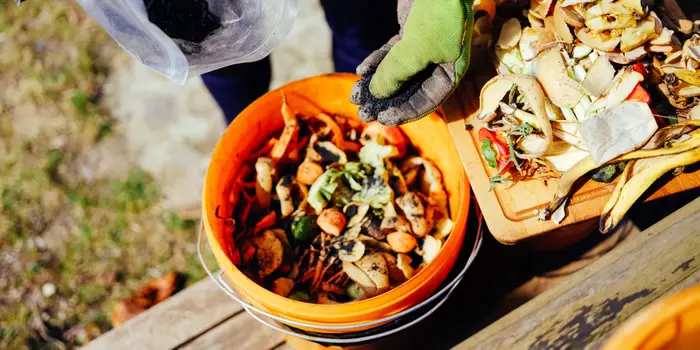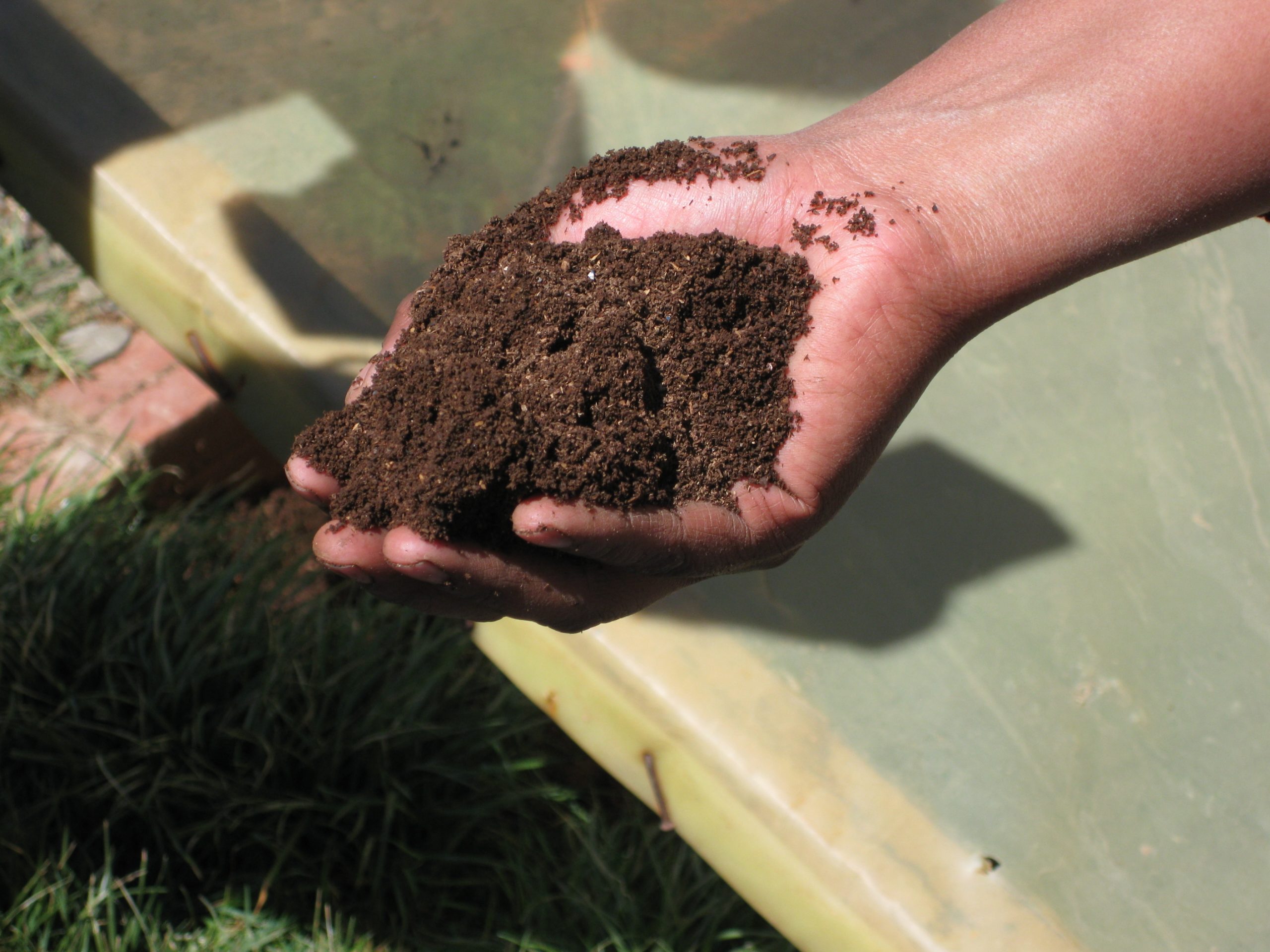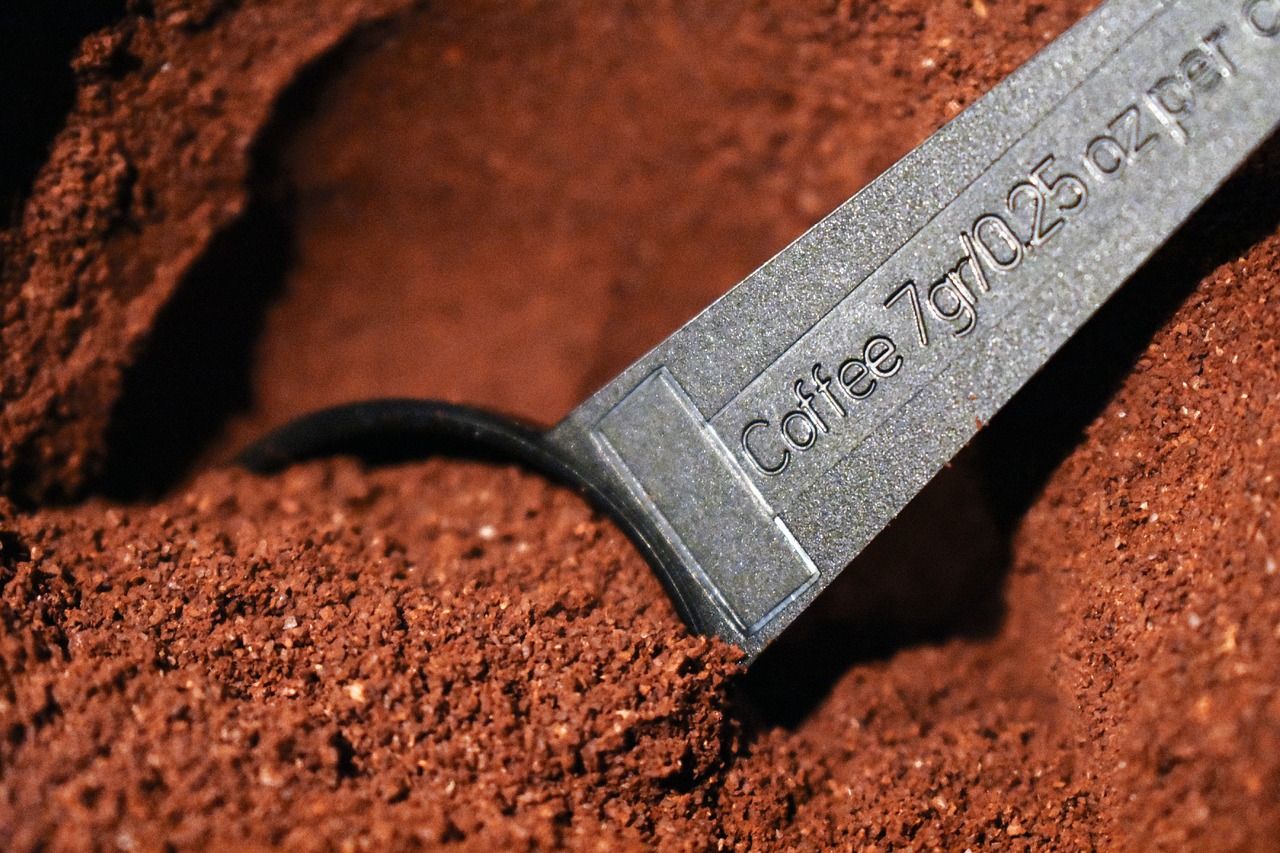If you are a gardener or planning to create your at-home garden, you should definitely consider composting. Composting is when you use natural products that you allow to decompose to add nutrients to your soil, making it richer.
This article will help you build up your compost pile and explain all the essential ingredients to transform it into a top-notch compost.
What To Put In Your Compost?

It may seem quite straightforward but bear in mind that many people fail to finish their composting right and waste their time and kitchen scraps.
Ingredients that you use include;
- Fruits.
- Vegetables.
- Peeling.
- Bread.
- Coffee grounds.
- Tea leaves or bags.
- Cardboard (egg cartons and toilet rolls).
- Any non-glossy paper.
What To Not Put In Your Compost?
Now that you know what to put in your composting bin, it is also important to know what not to put in yours. Many people fail at this stage because they overload their composting bin with the wrong products.
Ingredients that you should not use;
- Meat.
- Fish.
- Dairy.
- Fats.
- Pesticides.
- Dogs or cats waste.
The Key Component.
- Carbon
It will be used to bring a source of energy to be able to compost the microbes. Carbon is referred to as the brown component of the compost (brown leaves, cardboard, eggshells and so on). You may want to carry a little research to know the percentage of carbon present in each ingredient.
- Nitrogen
Along with carbon, you need nitrogen. The nitrogen will allow you to break down the carbon. You normally need a ratio of 30:1 (carbon: nitrogen). Compared to the brown component, nitrogen will be the green component of the compost. It can be fresh cut grass, vegetable scraps, or manure (chickens and cows only, not your pet’s waste).
- Water
Your pile of compost will need a spatter of water now and then to keep your pile damp without leaving it soaking wet. Adding sprinkles of water in between each layer will allow you to have the right level of moisture.
- Air
If your compost pile is too wet, it won’t have proper ventilation; thus, the composting bacteria will die out. You need to turn your compost over from time to time, or you may proceed by poking holes into the pile.
How Long Does It Take?

Getting the result from your composting will vary from a few months to a couple of years. In this guide, I will briefly list every component that you need to have a quick compost. We will start with your container, in a larger container, you will have more heat; thus, the compost will be ready more quickly; if you do not have enough place for a large container, use a smaller one but ensure that it will receive enough heat (you can place the container into a sunny place).
Keep in mind that not every product added to your container will decompose at the same speed. So better choose products that will compose quite together for homogeneity. The best ingredients remain leaves, fruit peel (do not add orange or lemon as they do not rot quickly), and vegetable plants such as carrot tops (avoid cabbage or stones from fruits). These will rot in about six months.
As mentioned earlier, turning your compost over will help incorporate oxygen, thus leading to faster composting. The bacteria responsible for composting needs air, and the more you ventilate your compost, the better it is. When the composting process has started, do not add new ingredients as it will only slow down the procedure.
Do you think that composting is worth it? Let us know in the comments…






4 Comments
[…] one because it will help your garden and save you money on compost in the long run. What is composting? It is the natural process of turning organic items like vegetable peels, egg cartons, or in this […]
[…] quite high, but even with this, there are such roundabout ways to compost organic matter without a composting bin. And even if you do invest in one, it will pay for itself in the long […]
[…] can also start your compost during winter, continue to gather falling leaves, and place them in leaf bins or compost heaps to […]
[…] to popular belief, the composting process is almost an odorless process. It is trust that fresh kitchen scrap may smell a bit for the […]